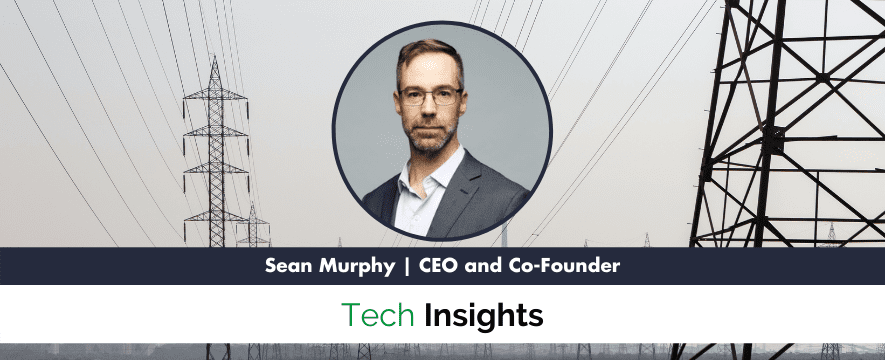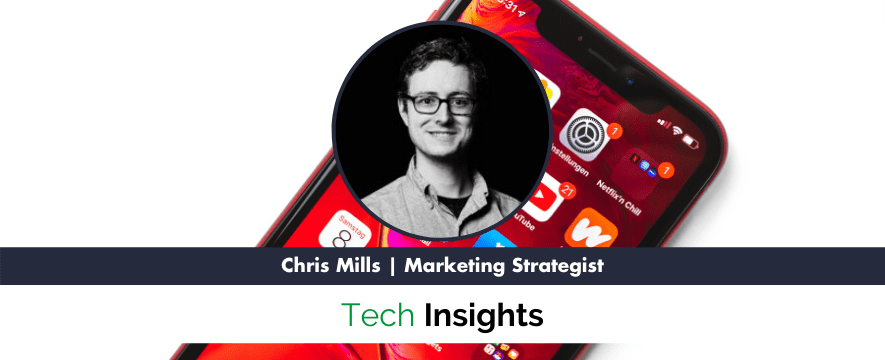How do you know if your job interview went well? Will you get a callback?
So, you finished a job interview. You have no idea if you’re going to get the job. You don’t think you bombed the interview, but, they didn’t hire you on the spot either. You seemed to get along with the interviewer pretty well, but you stumbled a couple of times too.
If only you’d answered that one question better!
We’ve all been there. You’ve put a lot of time and effort into getting an interview. You prepared. You put your best foot forward. Now you’re waiting around with no idea whether they loved you, or tossed your resume in the garbage the moment you walked out the door.
How can you tell if you failed a job interview?
Our parent company hatch I.T. is specialized in startup recruiting. Our recruiting team has interviewed thousands of candidates for some of the biggest startups in emerging tech cities like D.C, Raleigh, Pittsburgh, and more.
Here are a few tips they shared to help you out:
Don’t Overthink It
It’s often obvious if an interview is going badly. If you did any of these things, you can assume you bombed the interview:
- You didn’t do your homework at all.
- You didn’t research the company at all.
- You lied on your resume.
- You didn’t answer basic technical questions correctly.
- You dressed inappropriately.
- You behaved rudely.
But if you were honest, prepared for the interview in advance, and didn’t make any huge mistakes you probably did at least ok.
Most of the time, a few imperfect answers won’t mean you bombed the interview. Interviewers understand that interviewing can be stressful. They want to know that you will get the job done well and that they will enjoy working with you. That is usually more important than getting every question “right.”
What did they say about the next steps?
The toughest situation for candidates is when you think you did well, but there were one or two questions you wish you’d answered differently. This situation is tough because it’s hard to tell how you did. Unfortunately, this situation is common.
Here’s the Next Steps test. After talking with a lot of technical interviewers and job applicants, we’ve found this is one of the best ways to tell whether you’ll be moving forward in the interview process. There’s no foolproof method. Your interviewers might not know themselves. But in our experience, the Next Steps test works best.
If you leave an interview and you’re not sure how you did, there’s at least one big hint. How did the “next steps” part of your interview go? Did the interviewer leave the conversation open-ended, or did they tell you how you’d be moving forward? Interviewers often use this part of the conversation to give you a little insight – if you read between the lines.
Bad:
“Candidates who will be moving forward will hear from us in a few weeks.”
Not great:
“We generally try to let candidates know within a few weeks.”
Good:
“There are two more interviews in the process. Your next interview will be with…”
Amazing:
“Wow. This has been incredible. When is the earliest you can start?”
Do you think the job is right for you?
It might sound obvious, but we’ve found it’s sometimes overlooked: do you think the job is right for you?
- Are you capable of doing (or learning to do) what the job requires?
- Does the job fit your personal goals and lifestyle?
- Did you like the people you met?
- Are you passionate about the industry?
- Do you enjoy doing the type of thing you’ll be doing in the job?
If your answers to these questions were mostly “no” then your interviewer might pick up on that. If it’s not a good fit for you, and you’re only looking for the biggest paycheck, a good interviewer will be able to tell.
The answers that matter most
Sometimes, you might be able to talk your way out of poor performance in a skills assessment. But most of the time, if you bomb the technical or skills assessment part of the job application process, you won’t be moving forward.
If your interviewer asks specific, technical questions that you can’t answer, the job is probably not right for you. Some interviewees try to avoid answering questions with rambling, off-topic tangents. If you try to dodge your interviewers’ questions, they will usually notice. If a position requires technical skills, and you don’t seem to have them, that will count against you.
Finally, you should know what the company does and what its product is. Many interviewers prepare to answer questions about their own experiences and goals. But, you need to be able to tie that experience to the specific job at hand. Interviewers love knowing that you have a reason to want to get the job and do well when you’re there.
Sometimes it’s just luck.
Our recruiters connect candidates with startups. Sometimes, the candidates write back after their interviews saying they had a great conversation. They expect to move forward. Then, the startup responds to us and says sorry, the candidate wasn’t a good fit.
As a candidate, it’s important to recognize that it’s not all about the interview. You might have done well, but sometimes, a company’s needs will change (especially in the startup world). Another candidate will come along who happens to have a skill set you don’t.
Usually, companies have a wish list. They have an ideal candidate in mind. Even if you had a great interview, they will choose the candidate who is closest to that ideal. You might have a great conversation, but another candidate might come along who has a skillset or connection that the company was hoping to find.
An interview is not a reflection of your likeability, intelligence, or self-worth. It’s a test of how well the skillsets you have right now align with what a company needs right now. If you don’t know for sure that you screwed up, then you probably did just fine. You may not get the role, but you are well on your way to getting the next one. In the meantime, check out open opportunities at high-growth startups across the US.




